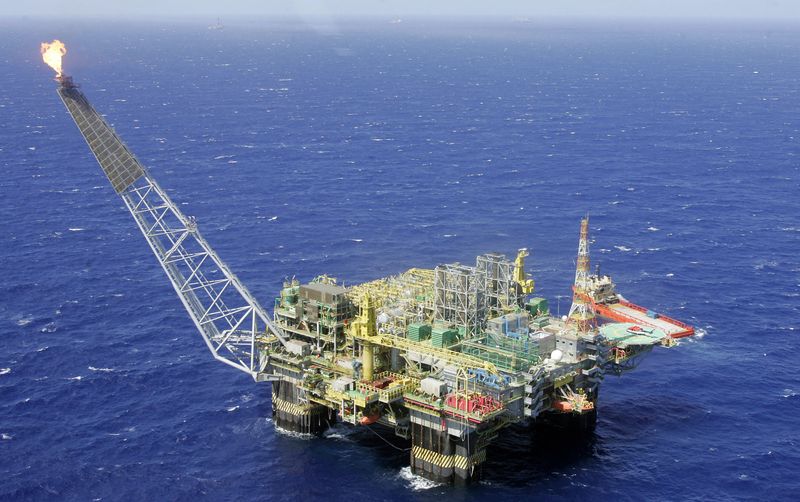Investing.com -- Oil prices rose Friday as a Russian fuel export ban added to ongoing worries about the tight nature of global supply.
By 09:25 ET (13.25 GMT), the U.S. crude futures traded 1.6% higher at $91.05 a barrel, while the Brent contract climbed 1.2% to $94.44.
Russia’s fuel export ban to tighten market
Russia announced on Thursday that it had temporarily banned exports of gasoline and diesel to most countries beyond four ex-Soviet states with immediate effect.
Russia's Transneft then suspended deliveries of diesel to the key Baltic and Black Sea (NYSE:SE) terminals of Primorsk and Novorossiysk on Friday, state media agency Tass said.
This announcement, described by Moscow as a measure to stabilise the domestic fuel market, follows the extension of a combined 1.3 million barrels per day cut from Russia and Saudi Arabia until the year-end, which is set to substantially limit oil supplies in the coming months.
“How severe of an impact the loss of Russian diesel has on the global market will really depend on how long the export ban is in place,” said analysts at ING, in a note. “Although, given the likely domestic stock build we will see as a result of the ban, we would not expect it to be prolonged.”
Hawkish Fed limits weekly gains
Still, despite these gains, the crude market is on course to end the week largely flat after the U.S. Federal Reserve projected another quarter-percentage-point increase by year-end, while signaling that it will take longer than expected to start easing.
The warning ramped up concerns that rising interest rates will weigh on economic activity and oil demand from the largest crude consumer in the world in the coming months.
This also invited a dose of profit taking in oil markets, after prices raced to 10-month highs earlier in September.
Strength in the dollar, which soared to six-month highs earlier in the week, also weighed on crude markets, given that it makes oil more expensive for international buyers.
PMI data points to eurozone GDP contraction
Data released earlier Friday showed that the eurozone flash composite PMI rose to 47.1 in September from August's 33-month low of 46.7.
While this represented an improvement, it was still below the 50 mark separating growth from contraction, suggesting the bloc's economy will contract this quarter.
"A recession is becoming increasingly clear in the euro area. Unlike in the winter half-year of 2022/23, the economic weakness is not concentrated in Germany, which has suffered particularly badly from high energy prices," said Commerzbank (ETR:CBKG), in a note.
Friday’s session finishes, as usual, with the release of U.S. rigs numbers from Baker Hughes as well as CFTC positioning data.
